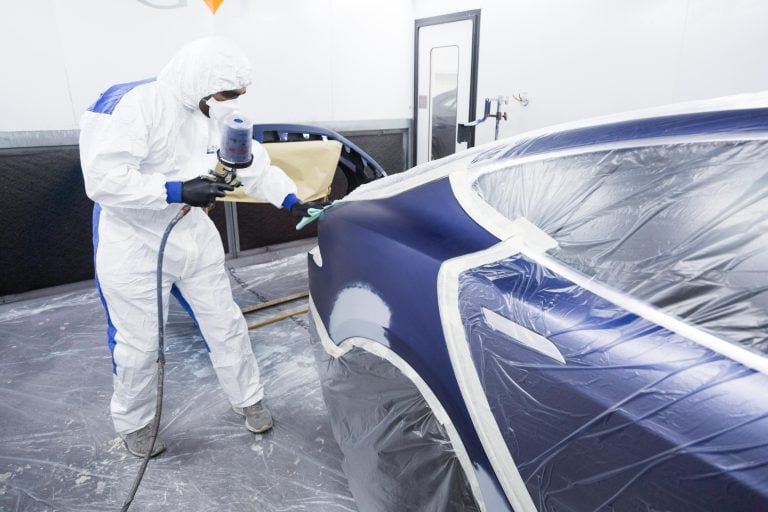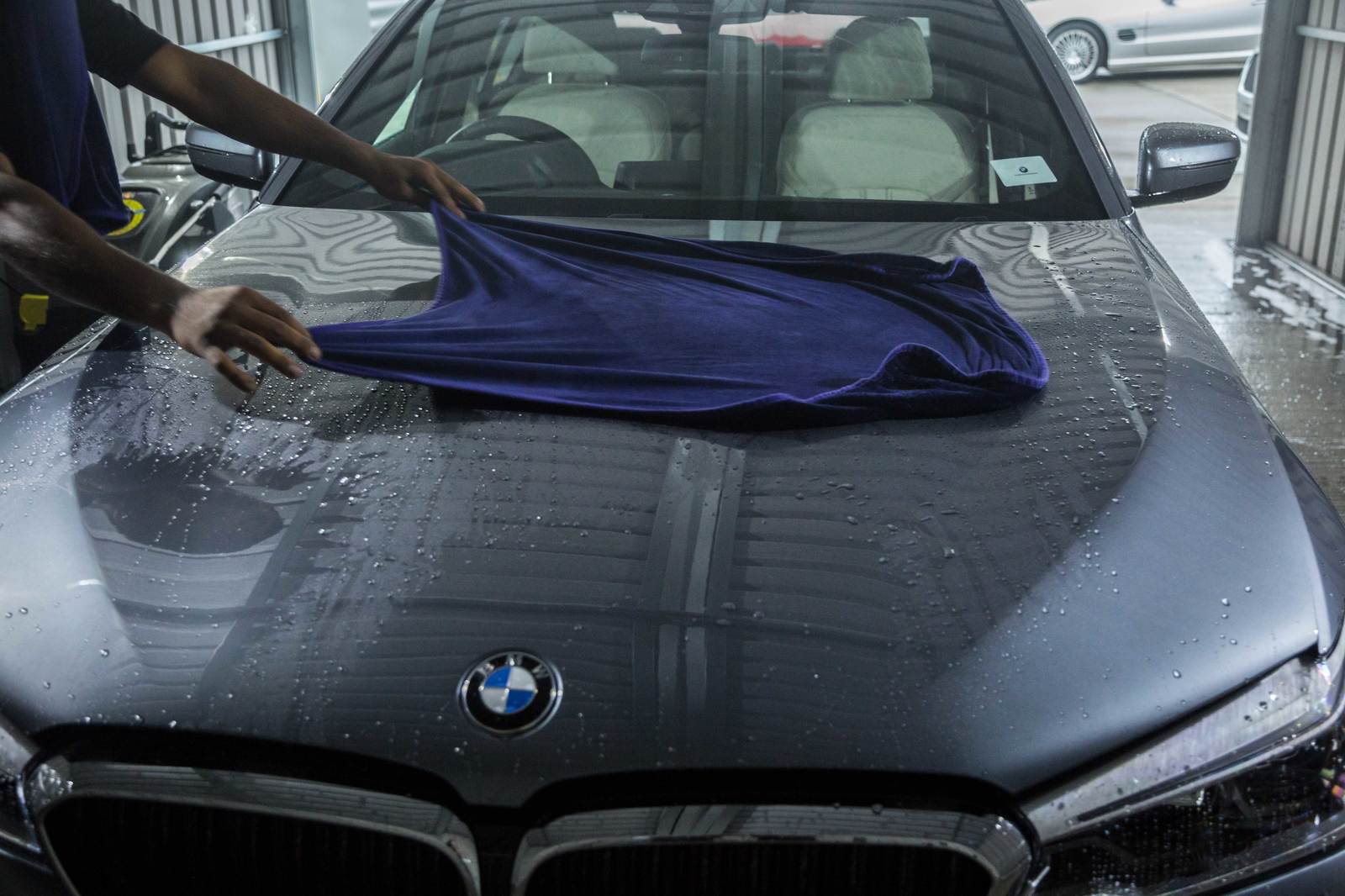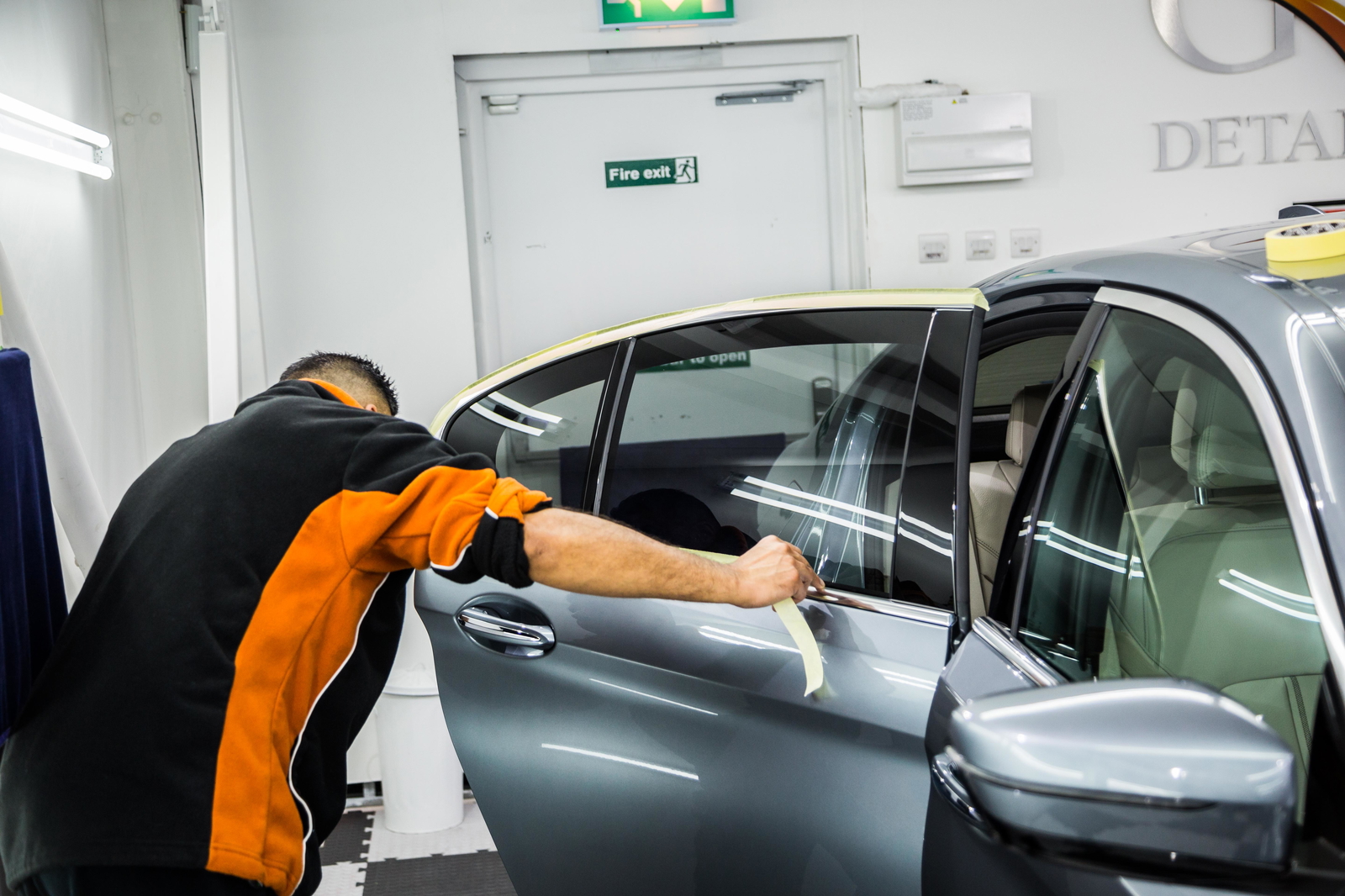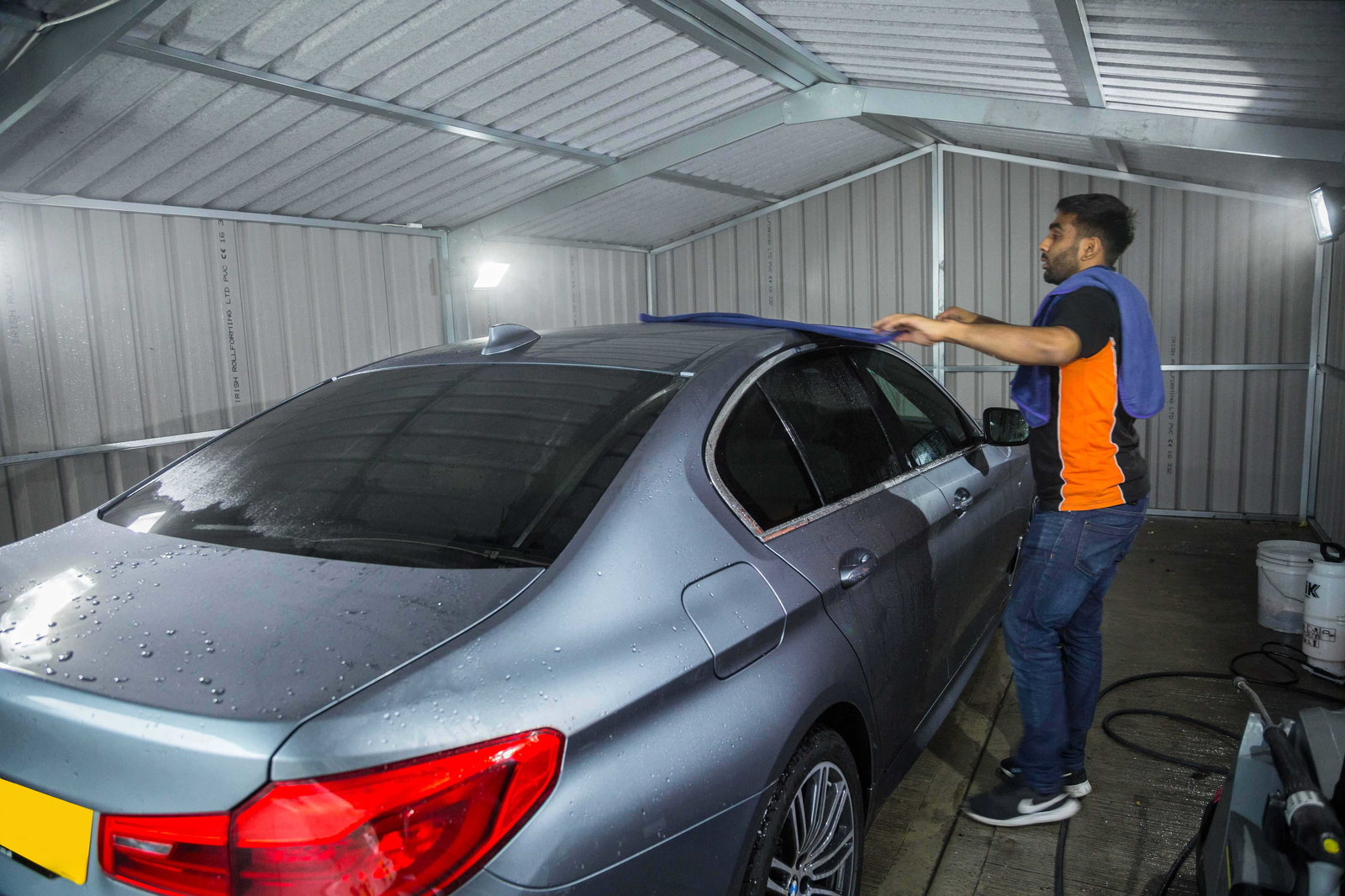- Servicing Case Studies
How to Keep Your Car Clean During Winter? | GVE London – Blog
Get winter-ready with essential car care tips to protect against salt, ice, and grime. From regular rinses to protective wax and interior upkeep, keep your car clean all season.
Winters are beautiful but come with their own set of challenges. The fog acts like a real-life filter for the lens of your eyes, and one can’t help but look back at their car twice. And oh, the sound of the exhaust is sweeter than ever on the cold and quiet UK roads. That covers the beautiful aspect of it. Let’s talk about the challenges. From fluffy snow on your car’s body to black ice making your car lose all traction, kicking up everything on the road, and not to mention road salt. A recipe for dirtying your car. Proper care is essential to keep your car looking great and protecting it from environmental damage. In this blog, we’ll be covering how best to maintain your vehicle’s cleanliness and condition in winter.
Tips for Keeping Your Car Clean During Winters
Regular Rinsing Prevents Damage
Dirt and salt tend to build up quickly during winter months. Road salt may help melt the ice on roads but it tends to cause rust if it’s left on a car’s surface. It’s best to rinse your vehicle regularly to wash away these harmful elements, using a pressure washer or taking it to a supercar service centre like GVE London for a thorough cleaning. This is a good practice to adopt for both safety and aesthetics.
Invest in a High-Quality Wax
The car’s paintwork is essentially the first thing that grabs ones attention. Protecting it should be a car owner’s number one priority. By applying a coat of wax before winter sets in, you create a barrier that protects it against salt and moisture.
Choose a product designed to withstand cold temperatures, as some wax coatings may not be suitable for all weather conditions. A simple wax job can help maintain your car’s shine and shield it from the environmental damage it may sustain. Winter driving 101 includes maintaining and cleaning your vehicle, and this is one of the first lessons.
Clean Wheel Wells and Undercarriage
The wheels and undercarriage on your car are most in contact with dirt and salt, being lowest to the ground, and to no one’s surprise, end up requiring special attention. If salt and moisture is allowed to sit still for too long, rust forms. Rinse these elements thoroughly during every car wash. A visit to a supercar service centre like GVE London ensures regular supercar servicing and a professional approach to cleaning the hard-to-reach spots, keeping your vehicle ready for the challenging winter conditions.
Interior Cleaning
Interior upkeep is as important as exterior maintenance, as highlighted in the winter driving 101 guidebook. Snow, slush, dirt, and everything in between end up getting trapped inside your car via winter boots or the wind.
Fabric seats and floors should be vacuumed weekly, and the dashboard wiped down regularly. Fabric floors are notoriously tough to clean, so adding rubber mats, which are waterproof and easy to wipe down, makes keeping your car’s interior clean and dry much easier.
Read Also: Why Cars Don’t Start in Winter in the Morning?
Keep a Car Cleaning Kit Handy
Winter emergencies happen, and the best way to prepare for them is by carrying an emergency kit. The kit should include essentials like a glass cleaner, a microfiber cloth, and de-icing spray and can be kept in the boot. A quick wipe keeps your windows clear, increasing visibility and, thus, leading to safer driving.
Apply a Hydrophobic Glass Coating
Winter driving is often quite challenging due to low visibility caused by rain, snow, and the sheer cold fogging up the windows and mirrors. A hydrophobic glass coating repels water, allowing it to slide off easily without obstructing the driver’s view. Ideally, this coating should be applied to all glass surfaces in the car, including the side mirrors.
Check and Replace Wipers
Old or damaged wipers leave marks when cleaning the windshield, and this problem only worsens during winter. Before winter arrives, check your wipers and replace them if necessary. There are winter-specific wipers that handle snow and ice better and prevent streaks, keeping your windshield clear.
Avoid Parking Under Trees
Trees are hidden traps when snow or ice builds up on their branches, and parking your car under them is inviting a bombardment. Ice falling from a tree can cause serious damage to your car’s roof, windows, and even the body in certain cases. To make things worse, tree sap and debris also dirty the car further. It’s best to find a sheltered spot or make sure the tree is clean before parking.
Use a Car Cover in Extreme Conditions
During heavy snowstorms, and even on normal days, having a car cover is a good idea. It protects your car from snow, ice, road debris, and the menace of birds flying above. Invest in a good cover, preferably one that is waterproof and weather-resistant to keep your car clean.
Conclusion
Winter driving comes with many obstacles. Taking a few preventive steps keeps your car clean and well-maintained throughout the season. Regular washes, proper interior care, and smart protective measures help your vehicle withstand harsh weather. Make car care a priority this winter. Understanding these tips gives you an edge in Winter Driving 101. For expert care and high-quality winter maintenance, visit GVE London. We offer essential services like repair and servicing, as well as more niche offerings such as supercar detailing, custom modifications and more.
Frequently Asked Questions
Wash your car at least once every two weeks. Increase the frequency if your area uses heavy road salt. Regular washing prevents rust and keeps your car looking its best.
No, regular wax may not hold up well in freezing temperatures. Choose a winter-specific wax for better protection. It offers longer-lasting coverage against road salt and grime.
It’s best to avoid washing your car if temperatures are below freezing, as water can freeze on the car’s surface. If you must wash it, dry your car thoroughly afterward and make sure there’s no water trapped in door seals or other crevices.
Contact Us
"*" indicates required fields
OUR SERVICES
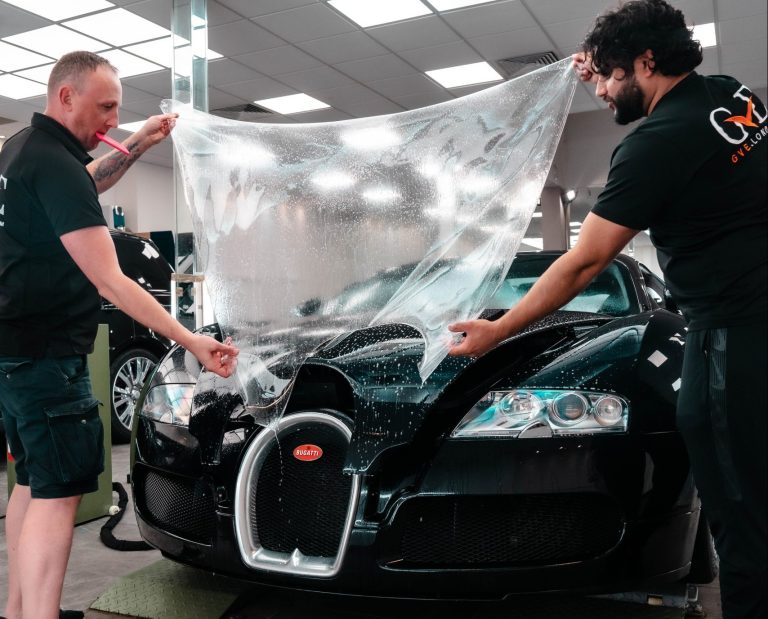
PAINT PROTECTION FILM
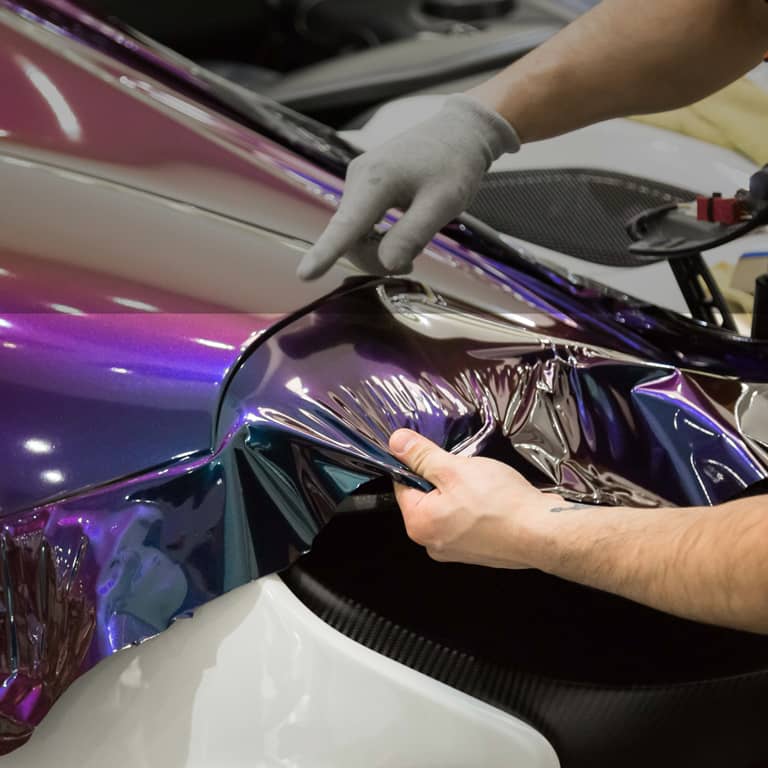
WRAPPING

SERVICING
